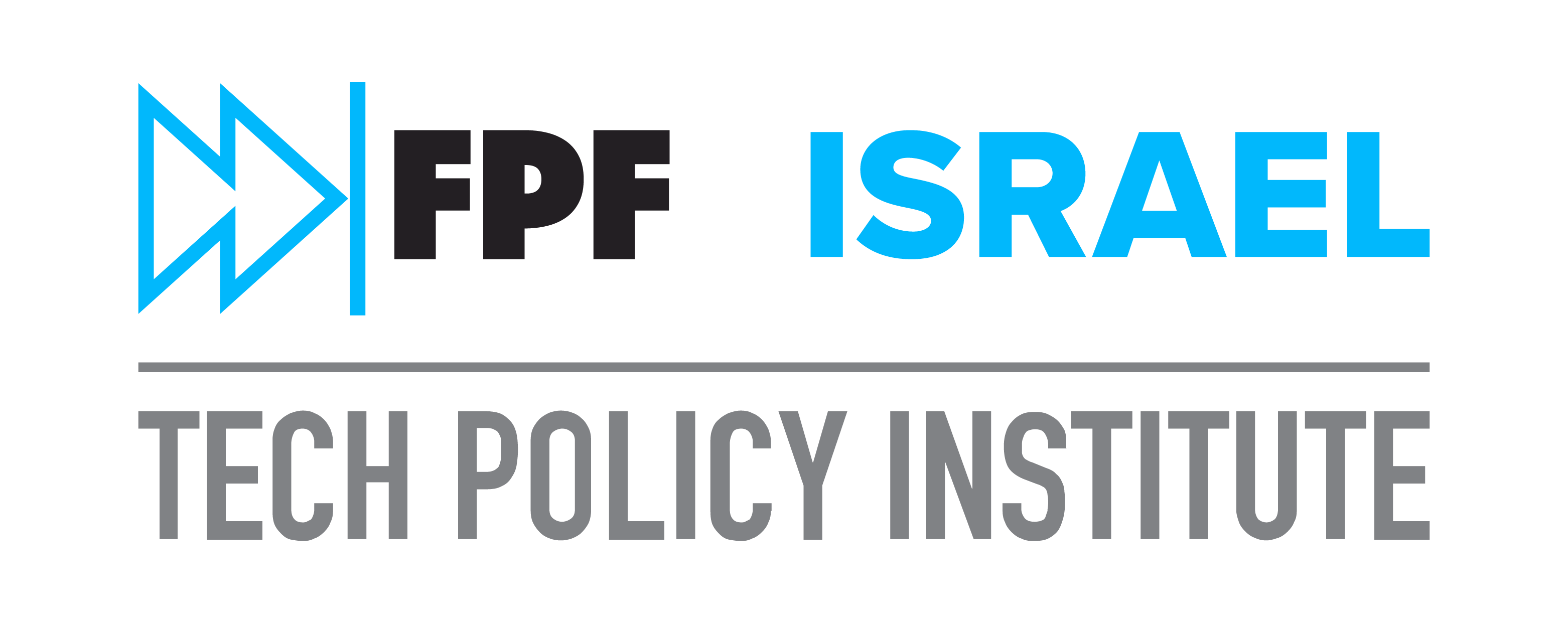Dr. Sivan Tamir is a Former Senior Researcher and Policy Counsel at the Israel Tech Policy Institute (2019-2022). Dr. Tamir is a researcher in the field of law and bioethics, specializing in Genethics. She was the Coordinator of the National Helsinki Committee for Human Medical Research (Ministry of Health) and has served as a researcher in the Genetic Policy & Bioethics Unit, at the Gertner Institute for Epidemiology & Health Policy Research. She also served as the Director of Foreign Relations for the Ministry of Justice. Dr. Tamir is a teaching fellow at the Faculty of Law, University of Haifa, and a member of the Advisory Committee on Bioethics of the Israel Academy of Sciences and Humanities. She holds a Ph.D. in law from the Hebrew University of Jerusalem (specializing in bioethics).
Dr. Tamir’s recent research has focused on the futuristic technology of postnatal human genetic enhancement, investigating ethical and legal considerations relating to identity, children’s rights and parental obligations, and the role of the state. Her principal research interests lie in the fields of medical law and bioethics, particularly ‘genethics’, ethics of emerging technologies and health data, reproductive ethics, neuroethics, clinical research ethics, and health policy. Previous research includes studying the ethico-legal and practical implications of direct-to-consumer (DTC) genetic testing; ethical and practical implications of whole genome and whole exome sequencing, focusing on the issue of incidental findings; sperm donors’ ethical obligation to disclose personal genetic information; and the precision medicine (big health) data environment in Israel.



